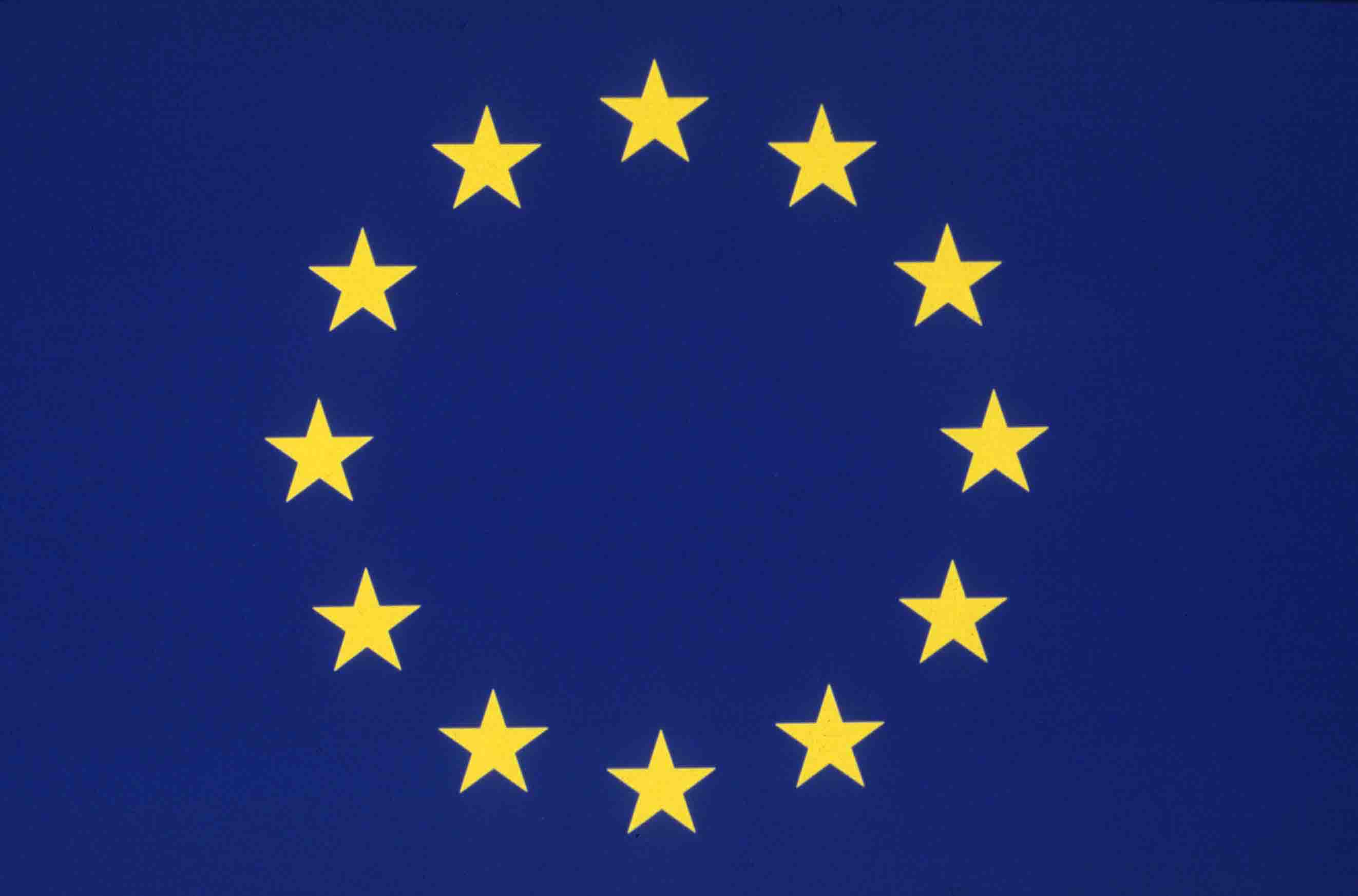
By Otto Spijkers
Today is Europe day. Today seems a good day to think about reanimating the European Constitution. Both France and the Netherlands are thinking of ways to move on after the French people said ‘non’ and the Dutch said ‘nee’ to this constitution in a referendum. The reanimation strategy seems the same in both countries: to stop referring to the document as a ‘Constitution’, and not hold another referendum. I will focus on the strategy of the government of my own country, the Netherlands. In de Volkskrant , one can read that the aim of the Dutch government is to shorten the European Constitution considerably, and remove from it some typically ‘constitutional elements’.  For example, the reference to the European flag and the European anthem (Beethoven’s ‘Ode an die Freude’ ) should be removed. (The other ‘EU symbols’ listed in proposed Article I-8, i.e. EU’s motto ‘United in diversity’, EU’s currency the euro, and EU’s day which is today, will survive). Of course, this does not mean that the European flag will be burnt and the singing of the European anthem forbidden; it simply means that the Constitution will no longer refer to them. What should also be removed is ‘Part II ?The Charter of Fundamental Rights of the European Union’. These human rights can also be found in the constitutions of the member states, as well as in the Convention for the Protection of Human Rights and Fundamental Freedoms, which all members of the European Union (and many other European states) have ratified. Also, some articles that merely repeat what was already agreed in previous treaties will be removed. What will remain is indeed a much shorter document, which will not have the characteristics of a constitution. Since all that will be removed is a repetition of what has already been agreed upon, the proposed cleaning operation will lead to a somewhat surprising result, namely that much of the controversial stuff will still be there. I guess the Dutch government has to find a way to explain how this cleaning operation is a credible response to the reasons why the Dutch said ‘nee’ in the first place (I hope they will succeed in doing so). Or perhaps the prospect of having to wave the European flag and sing the European anthem was an intolerable prospect for the Dutch people? – Otto
For example, the reference to the European flag and the European anthem (Beethoven’s ‘Ode an die Freude’ ) should be removed. (The other ‘EU symbols’ listed in proposed Article I-8, i.e. EU’s motto ‘United in diversity’, EU’s currency the euro, and EU’s day which is today, will survive). Of course, this does not mean that the European flag will be burnt and the singing of the European anthem forbidden; it simply means that the Constitution will no longer refer to them. What should also be removed is ‘Part II ?The Charter of Fundamental Rights of the European Union’. These human rights can also be found in the constitutions of the member states, as well as in the Convention for the Protection of Human Rights and Fundamental Freedoms, which all members of the European Union (and many other European states) have ratified. Also, some articles that merely repeat what was already agreed in previous treaties will be removed. What will remain is indeed a much shorter document, which will not have the characteristics of a constitution. Since all that will be removed is a repetition of what has already been agreed upon, the proposed cleaning operation will lead to a somewhat surprising result, namely that much of the controversial stuff will still be there. I guess the Dutch government has to find a way to explain how this cleaning operation is a credible response to the reasons why the Dutch said ‘nee’ in the first place (I hope they will succeed in doing so). Or perhaps the prospect of having to wave the European flag and sing the European anthem was an intolerable prospect for the Dutch people? – Otto

Dear Ralf Grahn,
I agree. Europe has always emphasized human dignity and freedom. See for example the Message to the Europeans of 1948. But the reason for deleting the human rights part is to make it look less like a constitution. I don’t find this convincing either.
Regards,
Otto
I don’t necessarily see it as an improvement if the Charter of Fundamental Rights (Part II of the Constitutional Treaty) is abolished.
The Charter is a visble and up-to-date enumeration of citzens’ rights, and it has the merit of bringing them together much better than a collection of European and international conventions plus national constitutions with various amendments, reservations and declarations.
The Charter is an important manifestation of a citizens’ Europe.
Regards
Ralf Grahn
The Dutch government does seem to opt for a strategy in which the most controversial changes will remain in the treaty (such as additional transfer of competences, less veto power for member states, changes in votes allocated to member states). There is a positive side to this strategy however, since it could mean that the public debate in the Netherlands will actually start to focus on the real changes which were inserted in the Constitution.
As a sidenote, I’m opposed to removing the Charter of Fundamental Rights from the treaty. The Charter offers a very much up-to-date and modern bill of rights which is somewhat refreshing compared to the traditional human rights treaties drafted in the late 1940s and 1950s. As of now the Union itself is not formally bound to any human rights treaty. This is an odd situation, especially since the Union is very active in promoting human rights and the rule of law in neighbouring countries.